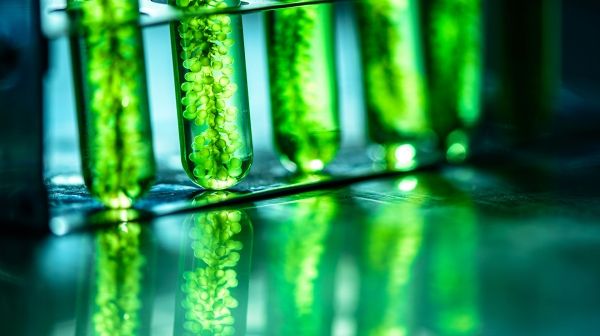A global team including researchers from The University of Western Australia has developed a powerful, low-cost method for recycling used cooking oil and agricultural waste into biodiesel, and turning food scraps and plastic rubbish into high-value products.
The method, published today in Nature Catalysis, harnesses a new type of ultra-efficient catalyst that can make low-carbon biodiesel and other valuable complex molecules out of diverse, impure raw materials, even when containing up to 50 per cent contaminants.
The material is so tough that it could double the productivity of manufacturing processes for transforming waste into high-value chemical products.
To make this possible, the team designed a porous ceramic sponge containing different specialised active sites within pores of different sizes.
Continue reading at University of Western Australia.
Image via University of Western Australia.


